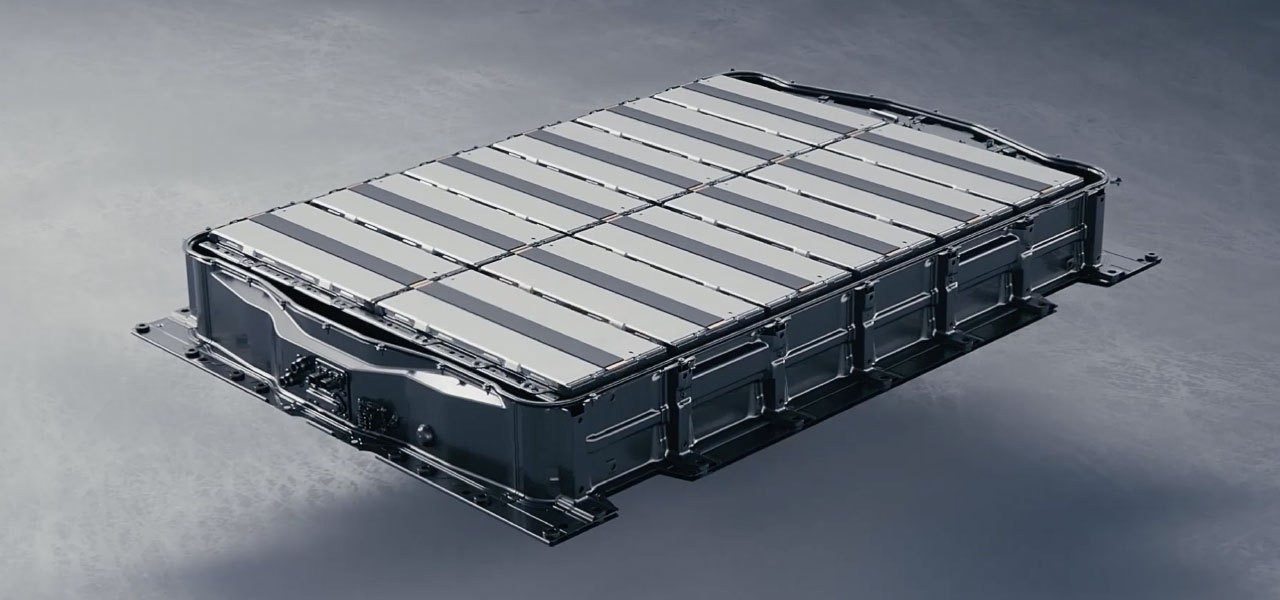The United States, through the Inflation Reduction Act (IRA) and the Bipartisan Infrastructure Law, has committed billions of dollars. The IRA introduces consumer incentives, including a $7,500 tax credit, while both policies emphasize local battery production and expanding charging infrastructure.
Notably, an additional $3.5 billion, part of the Infrastructure Law, has been earmarked for domestic advanced battery and battery mineral production.
The U.S. Department of Energy recently announced that this funding aims to establish new, retrofitted, and expanded facilities for critical mineral processing, battery precursor materials, and cell and pack manufacturing. The objective is clear: reduce dependence on China and South America for critical mineral processing, such as lithium-ion, and create a self-sufficient ecosystem for battery refining and production within the U.S.
Currently, China dominates the global market, manufacturing 75 percent of lithium-ion batteries and processing over 50 percent of lithium, cobalt, and graphite. The Biden administration’s initiative seeks to address this imbalance and foster a local supply chain.
With the goal of achieving net-zero emissions by 2050 and projecting EVs to comprise half of all new light-duty vehicle sales by 2030, substantial investments in the order of billions of dollars are deemed necessary.
U.S. Secretary of Energy Jennifer M. Granholm emphasized, “Positioning the U.S. front and center to meet the growing demand for advanced batteries is how we boost our global competitiveness, maintain and create good-paying jobs, and strengthen our clean energy economy.”
While manufacturers like General Motors and Ford grapple with production delays, and affordable EVs remain a distant prospect, investing in domestic battery processing and production could potentially rejuvenate U.S. automakers.
However, immediate results are unlikely, with tangible benefits for American consumers expected to materialize over the course of several years. This investment, albeit incremental, marks a positive stride in the nation’s pursuit of reducing reliance on foreign sources for its domestic battery requirements.

